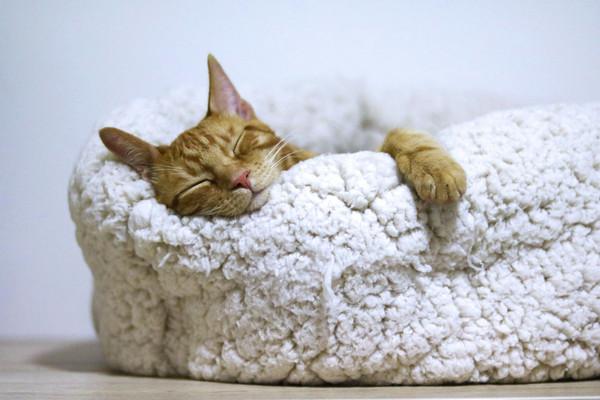How to use a day off from work to recharge your energy, focus & motivation
Curated from: blog.rescuetime.com
Ideas, facts & insights covering these topics:
8 ideas
·14.2K reads
52
Explore the World's Best Ideas
Join today and uncover 100+ curated journeys from 50+ topics. Unlock access to our mobile app with extensive features.
Benefits of taking time off
People who create a proper work-life balance experience less work-related fatigue, lower rates of procrastination, and even better mental and physical health.
Time away from work improves problem-solving skills and improves creativity.
345
2.62K reads
Taking time off
It may seem counterintuitive, but the best way to get the most from a day off and feel rested and restored for coming back to work is to do more with your time, not less.
Binge-watching TV can make you feel more anxious, stressed, and impact your sleep.
362
1.97K reads
Do nothing (on purpose)
Purposeful idleness is no small task. A few tips:
- Start with small sessions and take the time to build up your endurance.
- To help you do nothing, keep your devices out of reach (or out of the room) and re-orient your furniture away from the TV and out a window.
- Try open-ended toys or games like kinetic sand that promote idleness.
366
1.85K reads
Engage in “Deliberate Rest”
It means engaging with restful activities that are often vigorous and mentally engaging.
Deliberate rest activities help you relax and recharge as they focus on something tangential (or completely unrelated) to your work. Examples: playing chess, painting, editing photos, etc.
353
1.71K reads
Tasks you;re putting off
Committing to crossing one of them off of your to-do list on a day off can improve your overall well-being.
Whether you’ve been putting off answering an email, calling a friend, writing up your personal budget, or anything else, a day off is a great time to catch up.
322
1.56K reads
Do nothing (on purpose)
Too many of us equate doing something with being busy. We don’t need to fill every moment of our lives—both at work and at home—being productive.
Engaging in doing nothing can help you be more creative. It can also make you more productive and focused when you return to work as you’ve had time to get out of your head, disconnect, and see the bigger picture.
330
1.36K reads
Engage in “Deliberate Rest”
Deliberate Rest means engaging with restful activities that are often vigorous and mentally engaging.
For example, Winston Churchill and Victor Hugo painted while Leo Tolstoy played chess.
272
1.63K reads
Catch up on that one thing
Most of us put off tasks that stress us out. Unfortunately, this avoidance kicks off a cycle of procrastination that just causes more stress.
Instead, committing to crossing one of them off of your to-do list on a day off can improve your overall well-being.
289
1.5K reads
IDEAS CURATED BY
Luis J.'s ideas are part of this journey:
Learn more about health with this collection
Effective note-taking techniques
Test-taking strategies
How to create a study schedule
Related collections
Similar ideas
4 ideas
Deliberate Rest
blog.rescuetime.com
10 ideas
Time management for students: strategies and tips to build your focus
blog.rescuetime.com
8 ideas
How to relax after a stressful workday
blog.rescuetime.com
Read & Learn
20x Faster
without
deepstash
with
deepstash
with
deepstash
Personalized microlearning
—
100+ Learning Journeys
—
Access to 200,000+ ideas
—
Access to the mobile app
—
Unlimited idea saving
—
—
Unlimited history
—
—
Unlimited listening to ideas
—
—
Downloading & offline access
—
—
Supercharge your mind with one idea per day
Enter your email and spend 1 minute every day to learn something new.
I agree to receive email updates




